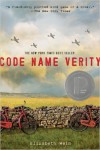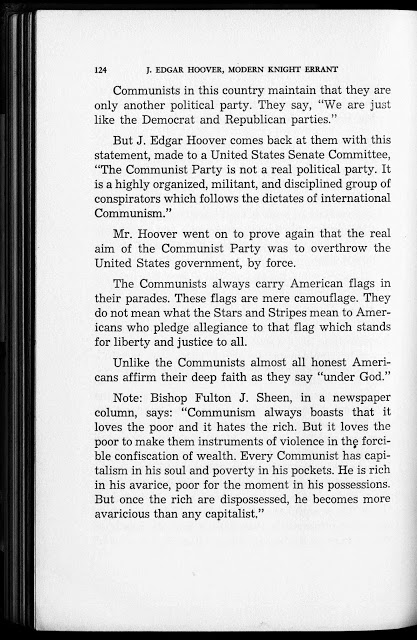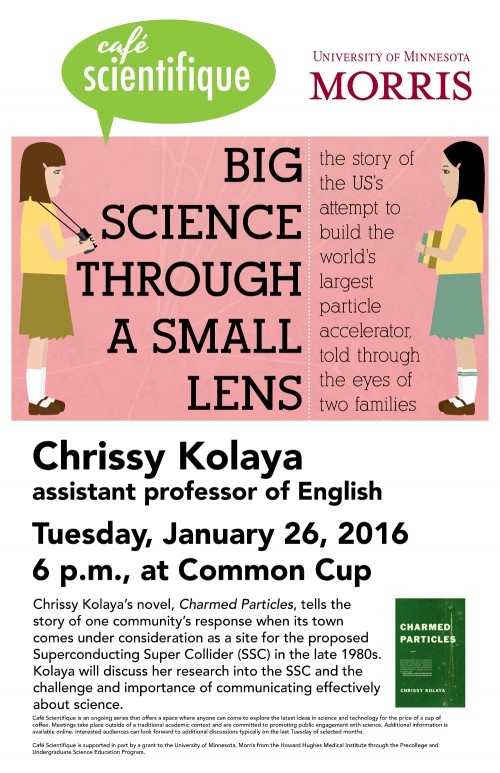I like this essay about science fiction’s woman problem — it really hammers home the distorted demographics of the SF community, and on the surface, it seems very odd. This is a genre of literature that emphasizes strange, new, weird perspectives, and we’re supposed to be fans of mind-bending cosmic novelty that the Mundanes and Muggles just don’t get; we tell ourselves that the whole point is to turn the lens of “what if…?” back upon ourselves, and see how people and cultures would change if one little thing were different, if the future were a tiny bit different from the present. And what do we get? Lots of repetition of White Imperialist Men in Space. That’s fine, I enjoy a good heroic space opera myself, but can we also leaven it all with some variety?
I’ve been consciously selecting my light reading lately to avoid the familiar white authors — again, nothing wrong with them — and what started out as something requiring intentional effort quickly turned into a genuinely fun and stimulating pastime. There’s a place for comfort food, but once you’ve been on a diet of mac-and-cheese for a long time, and you start trying new stuff, pretty soon you’re unsatisfied if you aren’t getting sushi or bibimbap or falafel for dinner, and they stop being “exotic” foods and become that really tasty goodness that you crave all the time.
So the latest two books I read: Everfair by Nisi Shawl and Engraved on the Eye by Saladin Ahmed. Fabulous! You like steampunk, Victorian fantasy and SF? Everfair has all that, but in addition, it’s set in the Congo of King Leopold II of Belgium (he’s the villain, obviously, but actually, the whole dang colonial system is the bad guy). Just moving the story out of the usual London setting is great, but having a nightmarishly wicked villain who was actually real, and even worse than the novel portrays him, makes the story seem just a bit more fierce. You like sword and sorcery? Who needs burly grunting Aryan barbarians when you can have aging, overweight Doctor Adoulla Makhslood to admire. I found it gratifying to finally have a hero I can actually physically identify with.
But here’s the deal: if you’re really into imaginative SF, shouldn’t you be avidly seeking out different authors and different ideas all the time? You don’t have to like it all, but jeez, shouldn’t it be a natural phenomenon that all SF readers would be exploring strange new worlds on their bookshelves?






